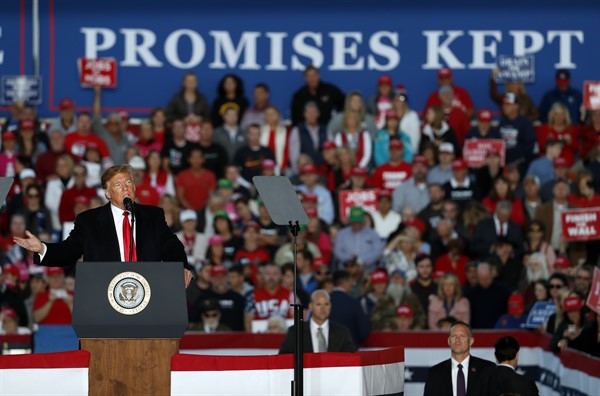A resurgent form of populism is attempting to divide the world between an ethnically or racially defined class of non-elites, framed as ethically superior, and a decadent, globalizing elite. The result could be conflicts between countries or even within borders.
A powerful wave of populism is sweeping the world, enveloping not only places like Latin America, where it has long held sway, but also Europe, North America and parts of Asia. Few experts saw this coming, and no one knows what its ultimate repercussions will be. But if historical patterns hold, this kind of populism, fueled by strident nationalism, may increase the chances of armed conflict both within and between nations. Much is at stake.
Populism is hardly new; it can be traced back as far as ancient Greece and Rome. It is simply a political strategy in which a leader builds a power base on marginalized or disempowered segments of society. To make this work, populist leaders implement policies and reforms that advantage the marginalized at the expense of the elite—or at least the parts of the elite that oppose them. Populism is intentionally disruptive, even revolutionary, as it challenges the status quo and undercuts the existing distribution of power and wealth.

